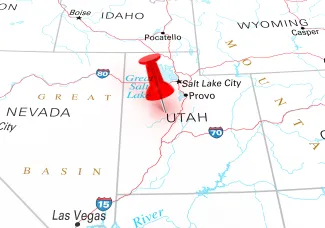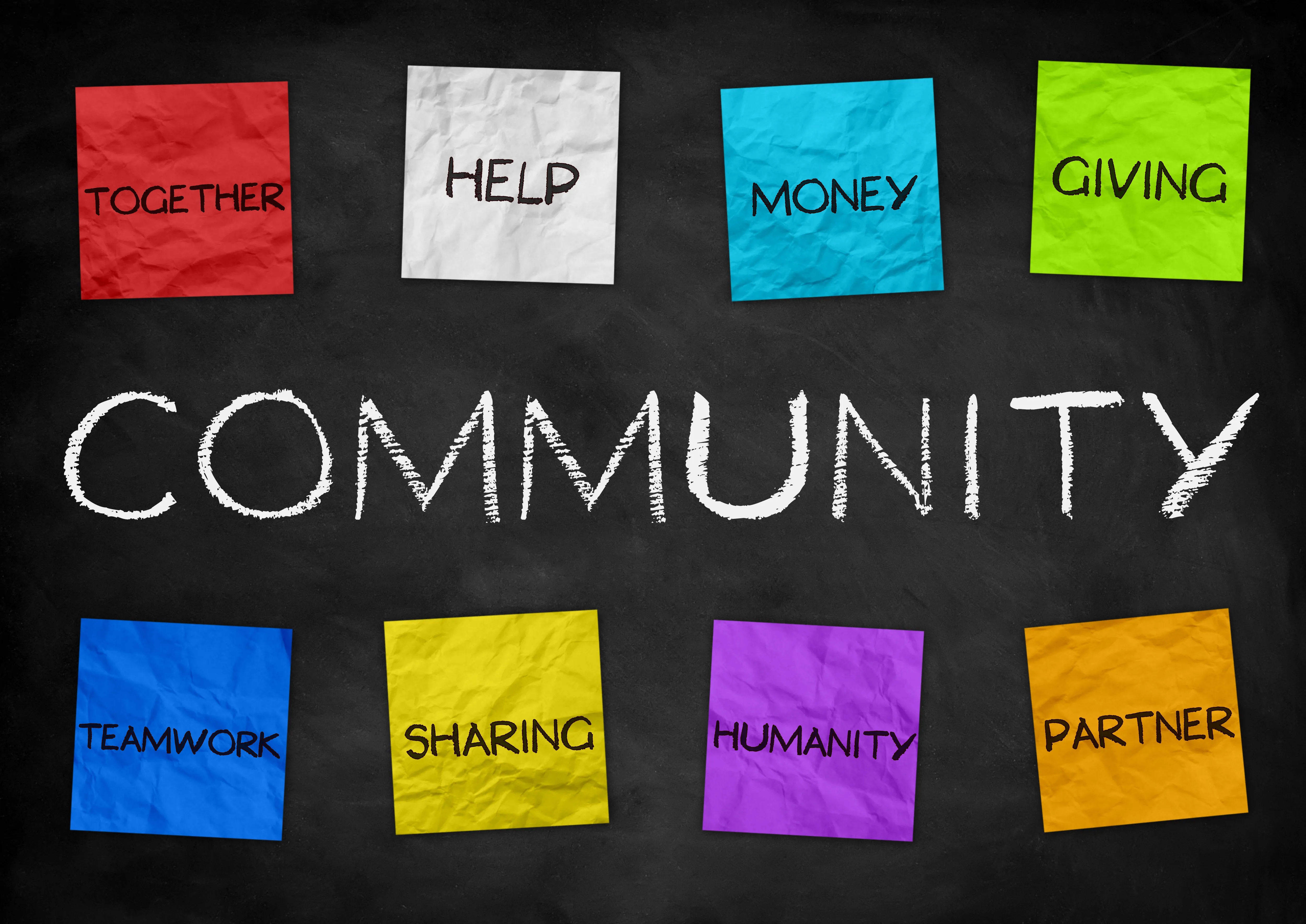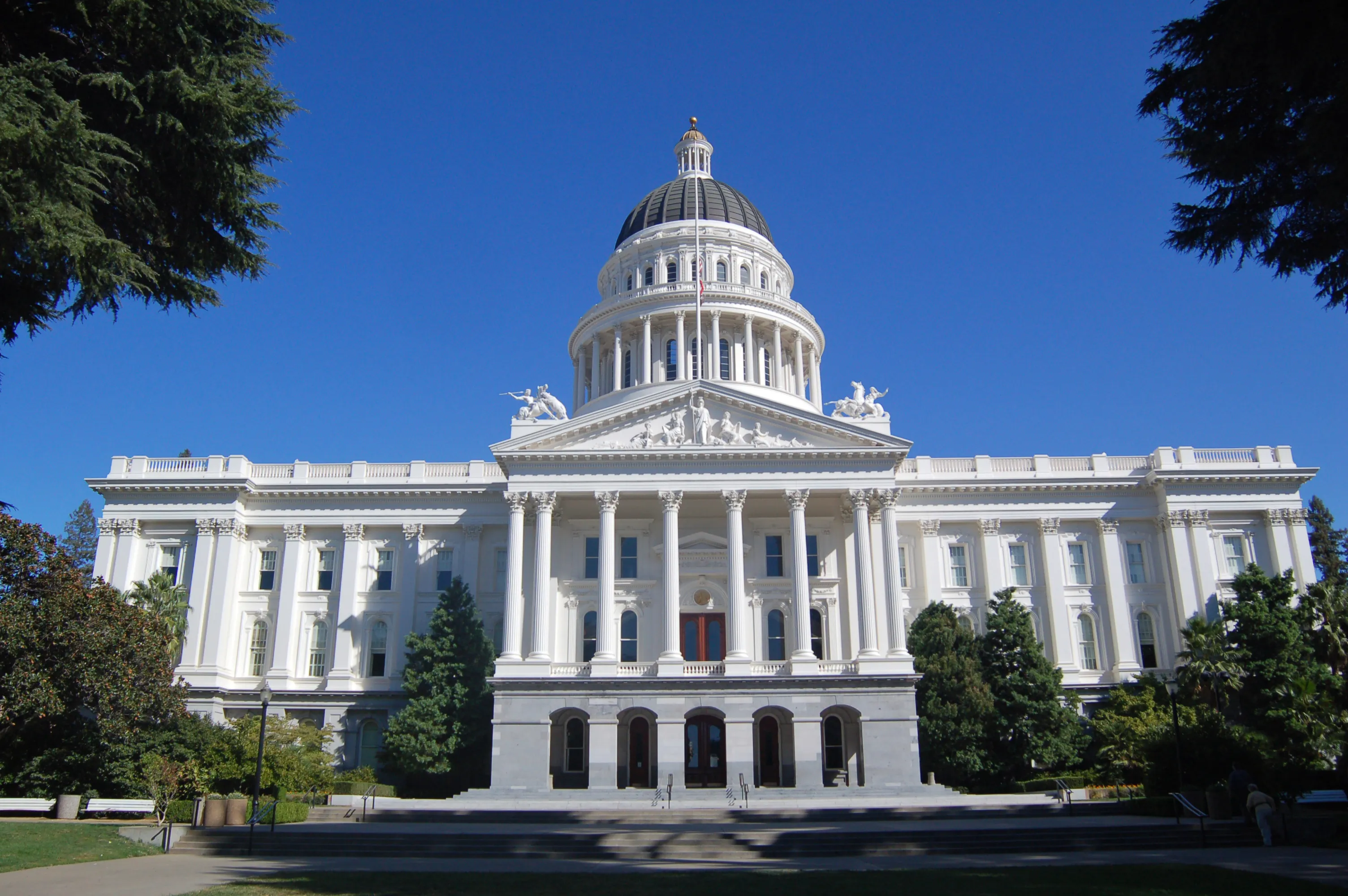
Federal internet assistance plan winding down in Utah
Click play to listen to this article.
(Utah News Connection) For a number of years now, Congress has appropriated billions of dollars to the Affordable Connectivity Program to help internet access become more affordable for many.
The funding for the initiative is set to run out by this April, which means many people around the country and in Utah are preparing for a transition. In just two days the FCC will stop accepting new applications. Last month, a group of bipartisan congressional leaders introduced legislation to appropriate $7 billion to the program, ensuring its continuation, but no action has been taken.
Rob Roake, director of operations and programming at The Center for Economic Opportunity and Belonging, said he has found the program has been essential for Utahns.
"In Utah it is even more important than probably in some other states just because of geographically, the way that we are set up, where we have one centralized urban area and then most of our state is rural," Roake explained. "The folks out there have a risk of less connectivity."

Roake pointed out many Utahns would be unable to access what he calls "vital resources" and would be less informed. While Roake hopes the program continues, he encouraged Utahns to search for alternatives, such as asking to see if internet service providers have their own low-income service program. As of this week, more than 73,000 Utahns are enrolled in the Affordable Connectivity Program.
Roake stressed while he and others around the state are hopeful the program will continue, it is an opportunity for the state to think about new ways or alternatives to ensure Utahns have access to high-speed internet and do not feel reliant on the federal government for assistance.
He added while he does not know what it would look like, at least an extension of the program from the federal government would cause the least amount of disruption.
"Individual states are looking for different ways to subsidize it, that they don't rely on federal funds," Roake noted. "Maybe it is a statewide program or something they can offer discounts or incentives to ISPs (internet service providers) to have a 'Utah-based ACP,' if you will."
Roake argued now is the time for Utah stakeholders interested in digital equity to start building up better communication networks at the statewide level, whether it's to better coordinate future federal efforts or not. He considers having internet access a fundamental right and predicts it is only going to become more important moving forward.
















